Cleansing: practical, safe steps for body and skin
Thinking about a cleanse? Good—but not every cleanse is safe or useful. Some products promise fast fixes, yet can harm your liver, upset electrolytes, or interfere with medicines. This page gives clear, practical advice so you can decide what’s worth trying and what to skip.
Quick safety checklist before any cleanse
Run through these eight quick checks before starting a detox, parasite treatment, or skin cleanse:
- Talk to your doctor if you have chronic illness, are pregnant, breastfeeding, or take regular meds.
- Check kidney and liver function if your plan involves long-term herbs, supplements, or higher-dose meds.
- Avoid aggressive laxatives or long fasts—those can cause dehydration and electrolyte loss.
- Choose treatments with proven safety: prescription antiparasitics, topical medicines for skin, or short supervised detox plans.
- Be careful with essential oils—some (like tansy) can be toxic if overused. Get dilution guidance and patch-test first.
- If you buy drugs online, use licensed pharmacies that require prescriptions and offer pharmacist support.
- Stop a cleanse immediately if you get dizziness, severe stomach pain, rash, or yellowing of the skin.
Practical cleansing options and where they work
Parasite problems: prescription drugs beat “natural” cures. Alternatives to ivermectin include permethrin for scabies or albendazole for certain worms—both need a doctor’s diagnosis and dose plan. Don’t self-treat for severe infections.
Fluid or “water” cleansing (edema): Diuretics like Lasix have real risks. If you need fluid removal, your clinician will pick a safe drug and monitor electrolytes. If you’re looking for milder options, discuss diet changes and medication alternatives with your prescriber rather than experimenting on your own.
Skin cleansing: for conditions like actinic keratosis or chronic irritation, a dermatologist’s plan works better than DIY scrubs. Gentle daily cleansers, sunscreen, and targeted prescription creams or procedures reduce risk of scarring and infection.
Essential oils and plant-based remedies: some oils can soothe or support skin when diluted correctly. A common safe dilution for adults is around 1% (about 6 drops per 30 mL carrier oil). Tansy and cajeput have active compounds—use them carefully, avoid internal use unless guided by a qualified clinician, and stop at the first sign of irritation.
Buying meds online: pick pharmacies that show a physical address, license number, and require prescriptions. Avoid sites with unrealistically low prices and no pharmacist contact. If unsure, ask your local pharmacist to review what you plan to order.
If you want a specific plan, ask for objective testing (stool tests for parasites, bloodwork for metabolic issues) and a short, monitored course of treatment. That’s safer—and usually more effective—than long, unproven detox routines.
Need help finding reliable info or a trusted pharmacy? Start by checking product labels, asking your clinician, and reading posts on this tag about parasite treatments, essential oils, and safe online pharmacies for practical pointers.
The Role of Hiccups in Detoxification and Cleansing
As a blogger, I've recently come across a fascinating topic: the role of hiccups in detoxification and cleansing. It turns out that hiccups might actually help our bodies to eliminate toxins and cleanse our systems. Researchers believe that hiccups serve to expel excess air from the stomach, which in turn aids in the removal of harmful substances. Not only that, but hiccups can also stimulate the liver and gallbladder to release bile, further promoting detoxification. Who would have thought that such a seemingly annoying bodily function could actually be beneficial to our health?
Latest Posts
-
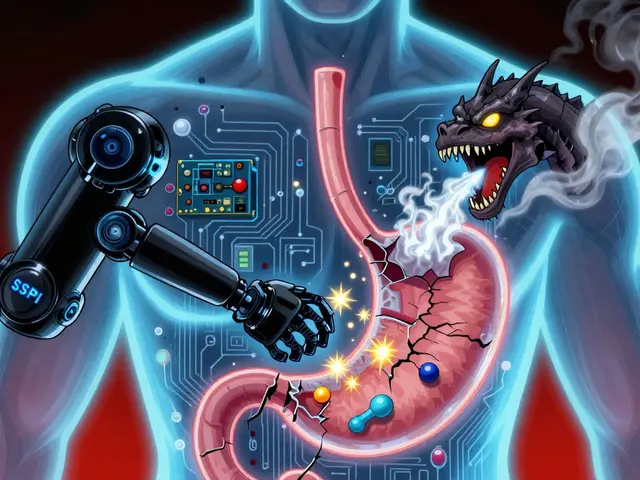
SSRIs with NSAIDs: Increased GI Bleeding Risk and How to Prevent It
-
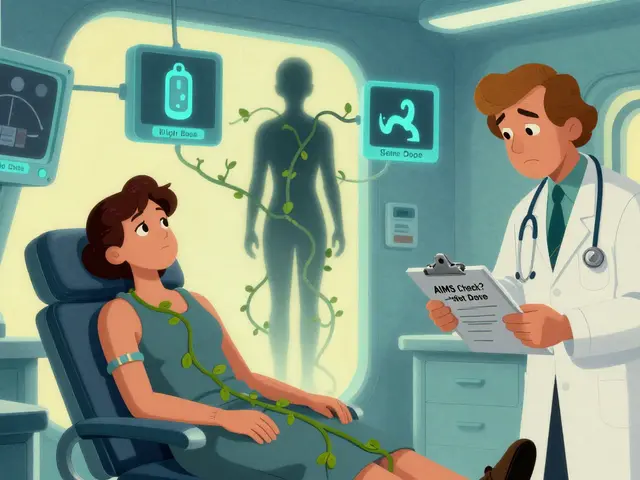
Long-Acting Injectables: Why Extended Side Effect Monitoring Can’t Be Ignored
-
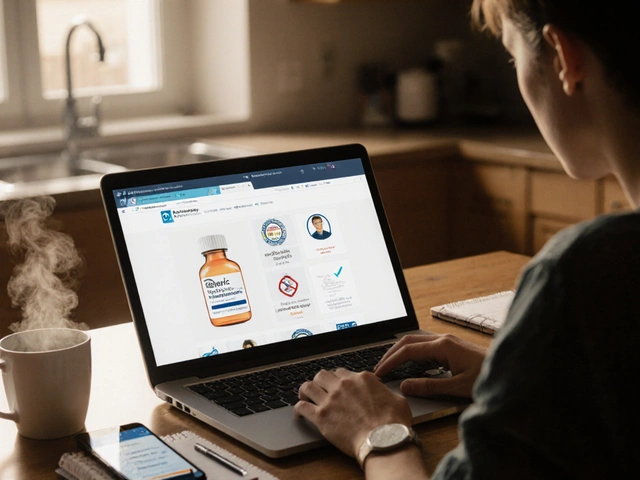
Cheap Generic Tetracycline Online - Safe Ways to Save on Antibiotics
-
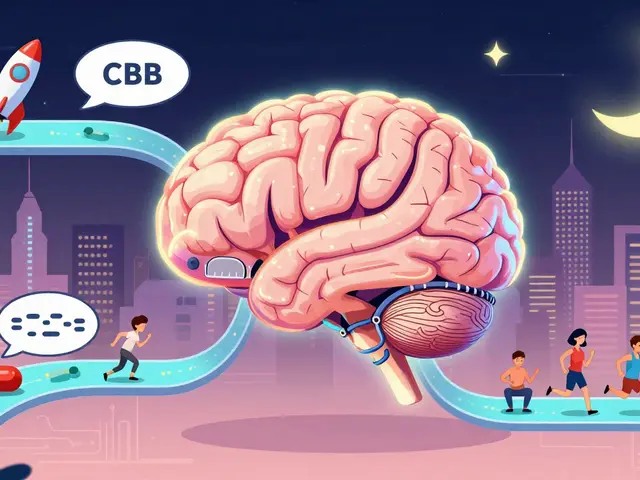
Depression Management: Medications, Therapy, and Lifestyle Changes That Work
-
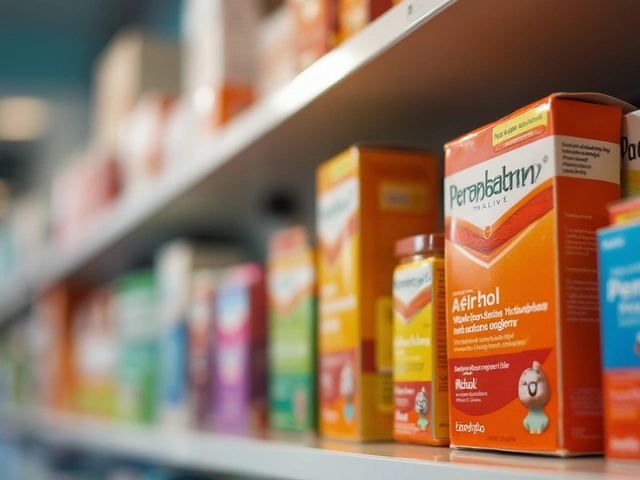
Top Alternatives to Stromectol for Parasitic Infections in 2024

12